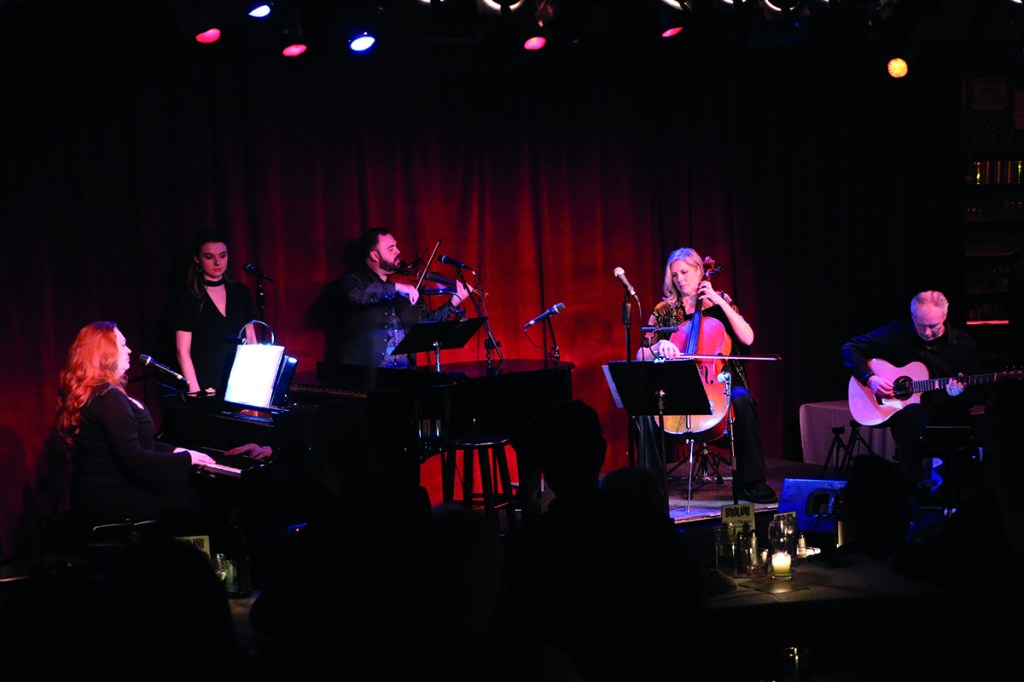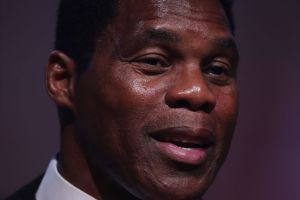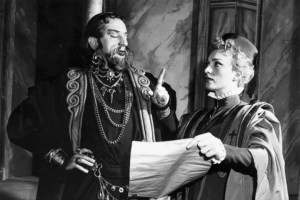In the dressing room at Birdland, the ‘jazz corner of the world’, a singer plants her baby on the counter, an actor strips off his shirt, and a cellist leans in to apply her lipstick before a light-bulbed mirror. I slip out to the bar for just a shot or two of whiskey and await my turn.
Mairi Dorman-Phaneuf, a cellist and fellow Scot, asked me if I might sing one of my songs at her show. It’s part of the ‘Broadway at Birdland’ series, the brainchild of Jim Caruso, the club’s host, producer and performer extraordinaire who, he says, can either be ‘credited or blamed’ for having brought every flavor of pop, folk, country, theater and comedy into a club that’s legendary for jazz.
The show was in January 2020, back when live music was still a cozy, crowded affair. In March, Gov. Andrew Cuomo shuttered all theaters, clubs, and performance venues indefinitely, temporarily jeopardizing some $12 billion of the city’s economy, not to mention countless livelihoods. Few realized that the closures would last so long. The Metropolitan Opera doesn’t intend to reopen for another year. While musicians in classical, religious and commercial genres can expect institutional support, the same cannot be said for freelance and cabaret artists.
Dorman-Phaneuf graduated from a top London conservatory 26 years ago, came to the US on a $250-a-month teaching assistantship in Colorado, then hustled her way to New York, where, since 2003, she’s held down 17 Broadway chairs. ‘As a freelancer you can never relax,’ she explains as her husband Marc, a saxophonist, practices in the background. ‘You’re constantly worried about where the next gig is going to come from.’
What happens in a pandemic when there are no gigs? There’s temporary federal aid, and there’s yet more hustle. Once restrictions were lifted, Dorman-Phaneuf was able to play at a wedding at her local synagogue, where she has been making inquiries about babysitting, driving or any honest way of making extra cash. ‘Maybe I could be a paralegal,’ she says, wistfully.
Billy Stritch, a resident pianist at Birdland who used to tour with Liza Minnelli, tells me that while he does have some song writing royalties, live performances ‘amount to about 90 percent of my total income’. Since the pandemic, Stritch has invested in a high-quality camera and recording equipment, streaming his own show from his living room and ‘gratefully accepting’ donations from viewers in London, Los Angeles and around the world. Jim Caruso, with whom Stritch has hosted Birdland’s Monday night ‘Cast Party’ for nearly 20 years, has also moved online with ‘Pajama Cast Party’ from the corner of his bedroom.
As lockdown started lifting, more options became available. Ryan Paternite, a Birdland booker and producer, suggested they do ‘Radio Free Birdland’, a pay-per-view online concert series inspired by Radio Free Europe, whose jazz boosted morale behind the Iron Curtain during the Cold War. The performers (plus their pianists) come to the club and give a socially distanced performance to three cameras and no audience. ‘We sanitize the piano keys, every microphone, every mic stand,’ Caruso says. ‘Anything anybody touches is cleaned, everything in the dressing room, between performers, is sprayed down, hosed down, whatever it takes.’ He calls the series an ‘invigorating and life affirming experience’. The New York Times calls it ‘roomy and cautious’ — two adjectives not usually applied to cabaret.
The new arrangement takes a heavier toll on comedians. Julie Halston of Broadway fame (Tootsie and You Can’t Take It With You) copes by considering her stand-up gigs at Radio Free Birdland as ‘monologues in a play’. She ‘imagines’ the laughter in her head, and it does ‘help a lot to have Jim up the back, laughing’. She’s braver than most. Jerry Seinfield told 60 Minutes that he’d rather just wait it out (he, of course, has that luxury).
For Stritch, a pianist, a missing audience is less bothersome. Still, he has noticed a creeping poignancy and nostalgia, whereby lyrics he’s been singing for decades suddenly take on a new meaning: ‘There may be trouble ahead,/ But while there’s music and love and romance, Let’s Face the Music and Dance.’
Caruso sees the future of Birdland and New York as intrinsically linked. The club, like the city, has gotten through hard times before, filing for bankruptcy in the 1960s and twice moving locations. Many of the staff were laid off at the beginning of the pandemic, but the remainder are on Zoom calls every day with other venues and organizations, trying to figure out a way forward. Caruso is deeply proud of their fighting spirit and believes they will prevail.
‘If Gianni Valenti, the owner of Birdland, can hang on at this point and we’re still in the paper, we’re still in the New York Times,’ Caruso says.
I ask if he worries that cabaret is dead. ‘How long has cabaret been “dead”?’ he interrupts. ‘We pivot! Pivot, pivot, pivot. I should get that word tattooed on my face.’
This article was originally published in The Spectator’s January 2021 US edition.


















